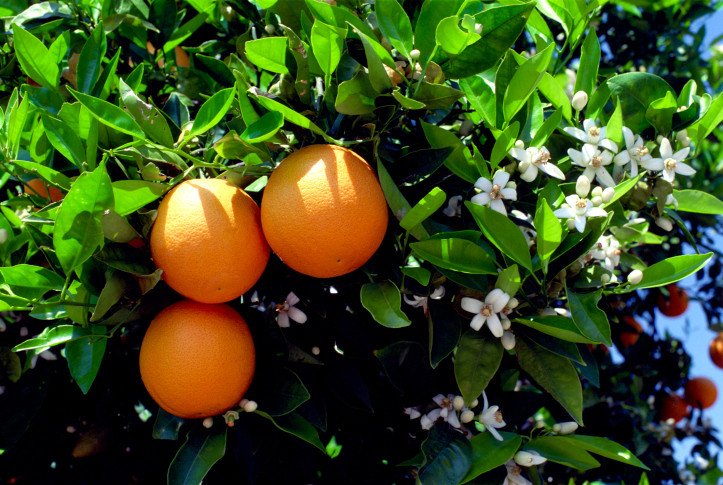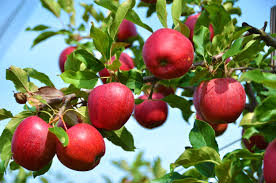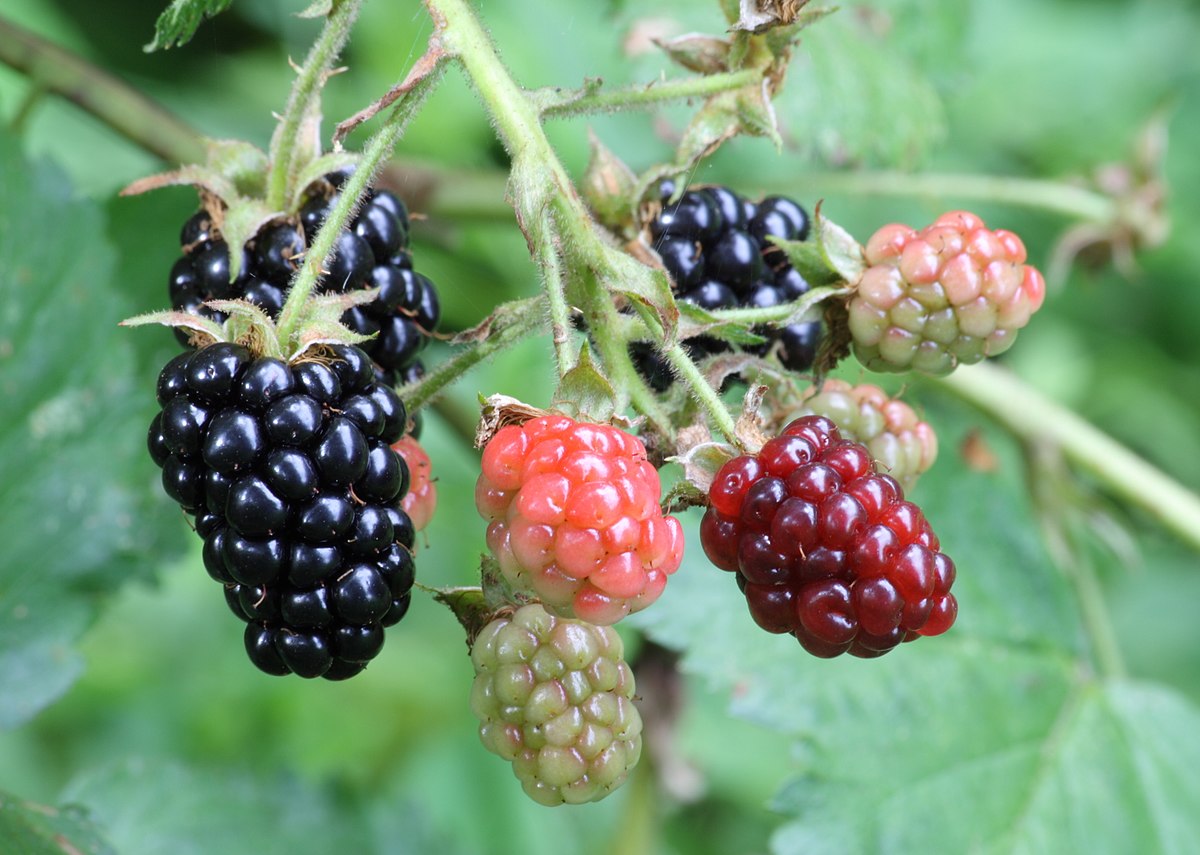Are all plants capable of sexual reproduction? Some can do asexual reproduction as well but I haven't found any plants that aren't capable of sexual reproduction. Is it correct to say all plants are capable of sexual reproduction?
2 Answers
No, it's not. There are common plants that can only reproduce asexually.
It's likely you can buy produce from several plants which are unable to do so at your local supermarket. The most famous example is, of course, the banana which is a sterile mutant and all bananas of a particular variety are clones, but some seedless varieties of grapes and oranges would also count (although most seedless fruit you find in the supermarket are actually produced with hormonal treatments rather than being asexual varieties).
These plants are examples of artificial selection but there are also examples of plants that have lost the ability to sexually reproduce in the wild. The evening primrose is a good example, with some 30% of species in the genus Oenothera having evolved to be asexual (Hollister et al, 2015), but this is not the only example. It is likely that, just as in animal species, asexuality has short (on an evolutionary timescale) term advantages but results in lower fitness in the longer term.
-
$\begingroup$ How come bananas lost their ability to reproduce sexually? $\endgroup$– KoekjeCommented Jan 4, 2017 at 13:58
-
$\begingroup$ Because bananas with seeds are nowhere near as edible, humans have selected the varieties without for cultivation. $\endgroup$ Commented Jan 4, 2017 at 14:18
-
1$\begingroup$ Did some plants also lose their ability to reproduce sexually due to natural (non-human) circumstances? $\endgroup$– KoekjeCommented Jan 4, 2017 at 14:41
-
$\begingroup$ @Koekje: Yes, see updated answer. $\endgroup$ Commented Jan 4, 2017 at 15:16
-
$\begingroup$ Thanks 1000 times for answering my questions! (I've been looking on the internet for at least 2 hours without finding any evidence for plants that solely reproduce sexually) $\endgroup$– KoekjeCommented Jan 4, 2017 at 15:59
Actually, I think you might be referring to apomictic plants.
Apomictic plants are those plants that are unable to complete the normal process of sexual reproduction and have to use another alternative pathway to produce an embryo. One way out is through asexual reproduction, and another is called Agamospermy.
Agamospermy is basically the process of formation of seeds without sexual reproduction. Agamospermy is further of two types, sporophytic agamospermy and gametophytic agamospermy.
In sporophytic agamospermy, the embryo is directly formed by diploid sporophytic cells such as those of the nucellus of the ovule, and this is also known as adventive embryogeny. More often than not, in adventive embryogeny, multiple embryos are formed(this is called adventive polyembryony, but i will not go into that for now).
However in the case of Gametophytic Agamospermy, the nucellus cells first develop into a diploid egg cell( the egg cell is normally haploid, however, in this case meiosis is not possible so egg cell has to be diploid). This diploid egg cell now undergoes parthenogenesis(i.e, formation of embryo without fertilisation or syngamy) to produce an embryo which is a clone of the parent.
Now coming to the examples. Apomixis is really well marked in Citrus plants like oranges, lemons, etc and also in Mango. Also, some varieties of apple are known to show parthenogenesis(DO NOT confuse with parthenocarpy!!)
Also, some varieties of apple are known to show parthenogenesis(DO NOT confuse with parthenocarpy!!)
Even Rubus shows the same.
-
$\begingroup$ Refering to question, are those plants not capable at all of sexual reproduction; have they completely opted out of or lost their sexual way of reproduction? I think your definition of "sexual reproduction" is based on gametes as special cells being a prerequisite. Some authors may consider Apomixis sexual reproduction as the term implies crossing over of genes. I think the question: "Can parthenogenesis be considered sexual reproduction?" pretty much relates to your answer. $\endgroup$ Commented Mar 4, 2022 at 19:12


